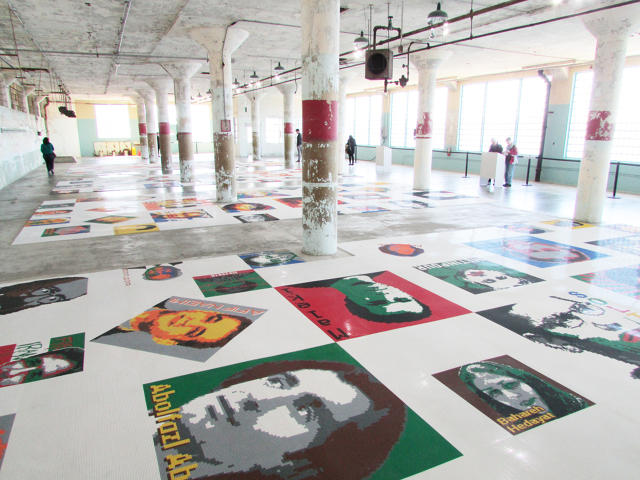Last fall, Lego courted rare controversy by refusing to sell plastic bricks in bulk to Chinese artist Ai Weiwei due to the political nature of his project. That won't happen again according to the Danish brickmaker, which has announced that it will no longer ask those making bulk orders what they intend on doing with their Legos.
In a statement posted on its official website Tuesday, the Lego Group explains it will no longer ask the "thematic purpose" of projects by persons or organizations making very large orders of bricks. Lego says that this was previously done so that the company's core mission—to inspire children through creative play—was not muddied by seeming to support the specific agendas of individuals or corporations.

Unfortunately, at least in the case of Ai, this policy had the opposite outcome: By refusing to sell the artist bulk bricks because of the perceived political nature of his planned installation at Melbourne's National Gallery of Victoria, Lego was accused of censorship. Ai pointed out that while Lego would not sell him bricks for use in his works critical of the Chinese government, the company had inked a $300 million deal with China for a new Legoland in Shanghai, implying that Lego was willing to support the agenda of the Chinese government, but not those who would criticize it through art.
In a statement to Co.Design at the time, Lego explained its motives for denying Ai his bricks, saying that it universally refrained from making bulk sales of bricks "where we are made aware that there is a political context." But Lego's new policy is essentially: "Don't ask, don't tell." The company says that it will no longer ask the purpose of bulk orders, because "those guidelines could result in misunderstandings or be perceived as inconsistent." Instead, Lego will simply ask that artists make it clear that Lego does not sponsor or endorse their work.
[via the New York Times]